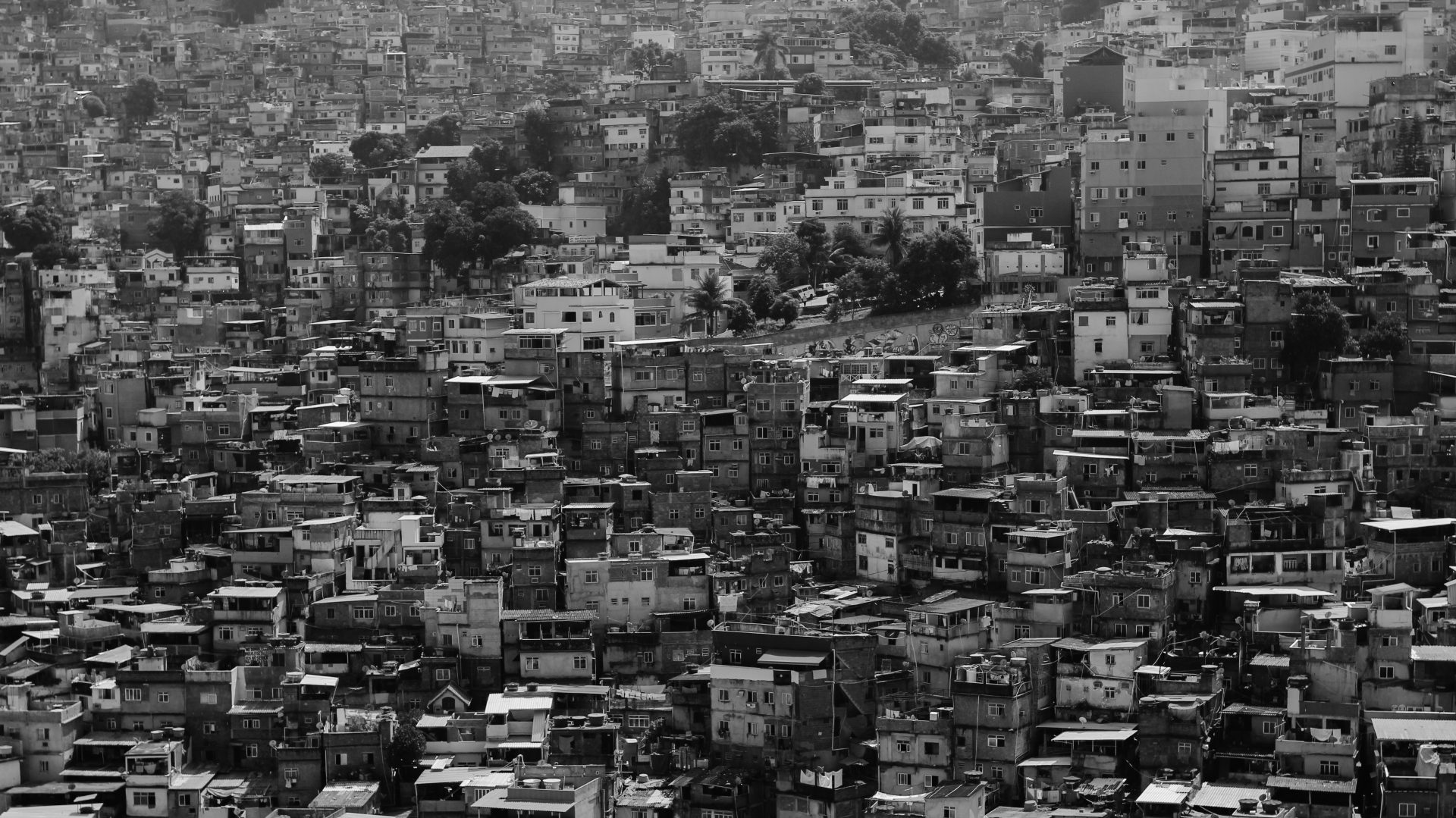Rio de Janeiro is about to become the first smart city in Latin-America, according to the article “Tomorrow’s cities: Rio de Janeiro’s bid to become a smart city”, published the 9th of September 2013 in BBC News”.
A project, co-ordinated by Unicef in collaboration with the local non-government organisation CEDAPS (Centro de Promocao da Saude) has local teenagers digitally mapping five favelas in order to highlight some of the challenges for those living there.
Teenagers are taking aerial shots of their neighborhood by using digital cameras sitting in old bottles which are launched via kites – a common toy for children living in the favelas. They also use GPS-enabled smartphones to take pictures of specific danger points – such as rubbish heaps, which can become a breeding ground for mosquitoes carrying dengue fever. Subsequently, the data is uploaded to a website and added to an online map.
It is proving an effective way of getting changes made. A nursery school that once balanced precariously near the edge of a sheer drop now has a balcony, many of the steepest steps in the favela have had railings fitted and recycling bins dot the area to discourage residents from stockpiling rubbish.
But the project had also led to some to question how smart the idea really is. Wondering about why? Read the whole article here “Tomorrow’s cities: Rio de Janeiro’s bid to become a smart city”, published the 9th of September 2013, BBC News”.
Are you interested in attending the The Habitat Day Conference in Oslo 7 October? This year’s conference will look at information and communication technology as infrastructure in cities, how ICT (Information and Communications Technology ) is bridging the gap between the formal and informal sectors and how ICT contributes to development.
Read more about The Habitat Day Conference 2013 here
If you want to attend the conference and register click here



